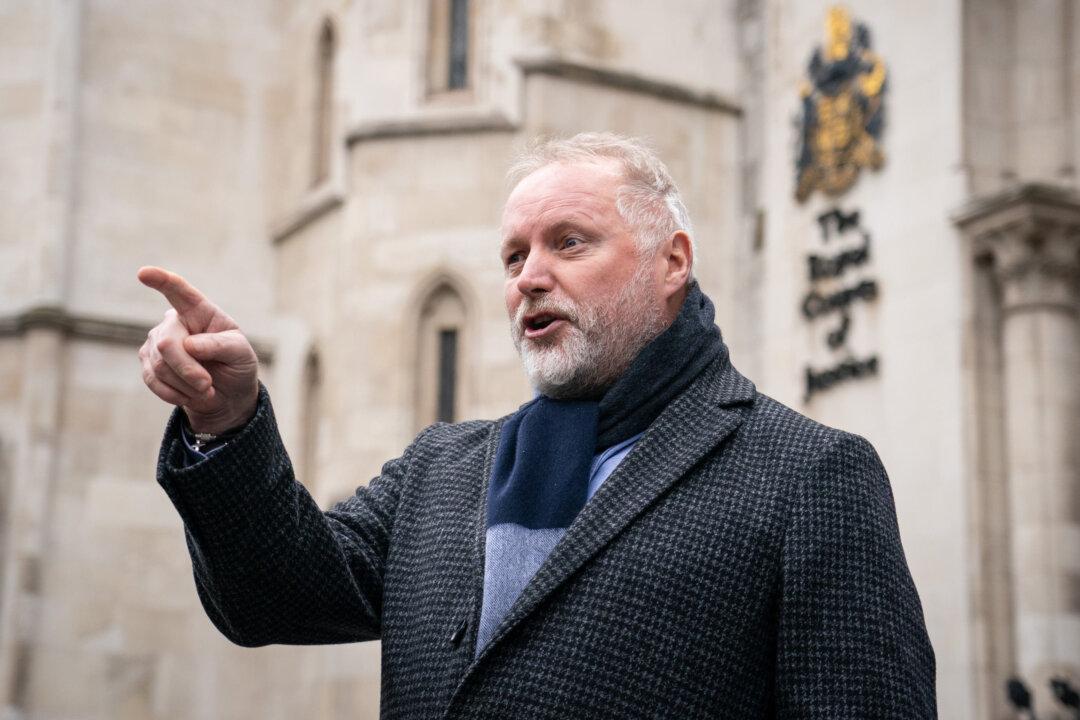A change in the wording of the police oath twenty years ago has led to “woke policing” with former officers warning that social justice is getting in the way of actual legal justice.
By adding to serve “fundamental human rights” to the oath of attestation, former policeman Harry Miller told The Epoch Times that he believes that this resulted in a knock-on effect where officers now make subjective decisions based on activist group-led human rights, which are not embodied in British law.





